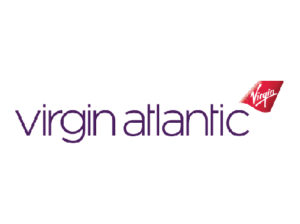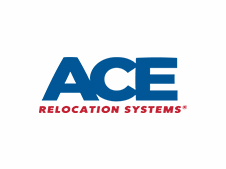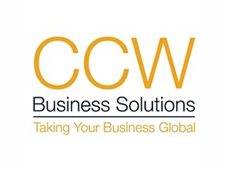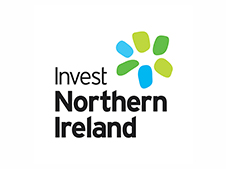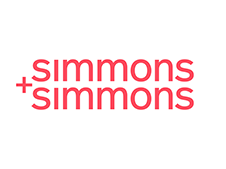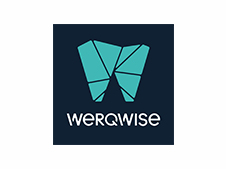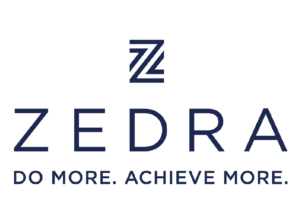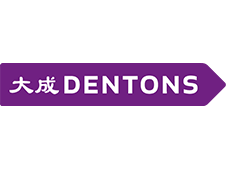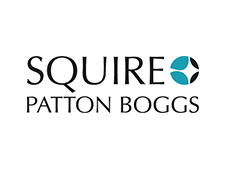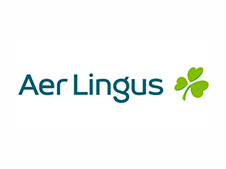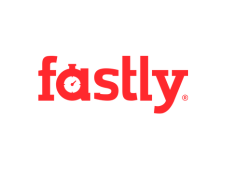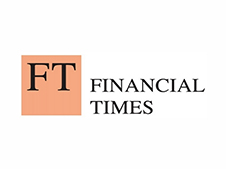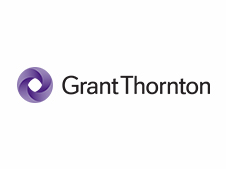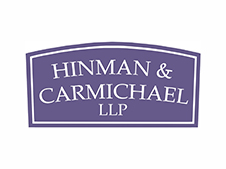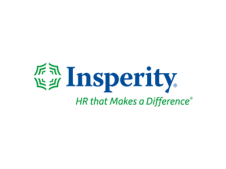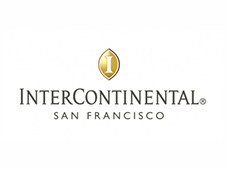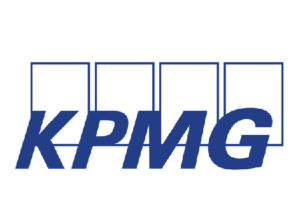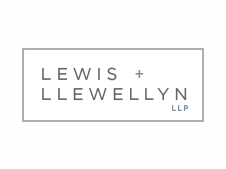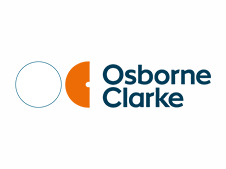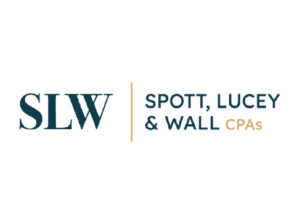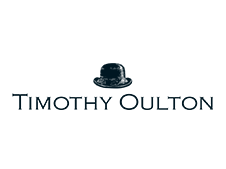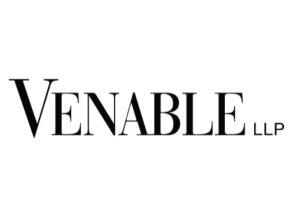With over ¾ of the World’s population set to be living in cities by 2050, the discussion of how to manage them is becoming increasingly more important and necessary as we move through the 21st century. In 2008, for the first time, the urbanized settlements of the globe housed half of our entire population, and with this percentage continually increasing, there comes not only major issues, but also some major opportunities to capitalize on, in this ever expanding movement. How will city management structures work together to utilize, share and secure big data? What technologies and innovation will lead to more efficient operations of future cities? What platforms will be best to formulate change that is accepted by the governments and the public?
This was the subject matter for The British American Business Council’s ‘The Future of Cities’ event, in partnership with UKTI, UK Science and Innovation, Blue Castle Developments California, RICS and Tudal Winery. Held at the Pavilion Room at the Fairmont San Francisco, the event was attended by over 100 guests interested to hear our panelists provide their insights into what the city of the future city will look like.
Our Moderator, BABC President and PCubed Vice President of West Coast Operations Colin Brown, welcomed our distinguished speakers to the stage, Richard Pope (Codding Enterprises Development Director of Sonoma Mountain Village), Rob Massoudi (Space-Time Insight Senior Vice President, Business Development), Gordon Feller (Cisco Systems Director, Urban Innovations) and Dr. Richard Miller, (Technology Strategy Board, Head of Sustainability). Each of our speakers were given a brief time to put across their own experiences around the aforementioned topics, before Colin posed a few general questions regarding the underlying themes. Below are some sound-bites from each of our speakers.
Dr Richard Miller, Technology Strategy Board, Head of Sustainability:
Richard and his team on the Technology Strategy Board talk to cities around the world and have found 3 recurring themes that cities want to improve upon/aim to achieve to become successful. ‘’One, a thriving Economy, two, quality of life, and three, environment, reducing their footprint, either because they are being directly affected, or because they need to meet national and international agreements, or linking back to quality of life’’.
Regarding the integration of city systems, ‘’We are trying to find a integration layer, a platform or process that pulls together all these concerns, and do things with the city economy that was impossible before’’. Richard sees some real opportunities in this space, ‘’ we believe there is potential for a $300bn dollar market per annum by 2030 alone’’; this is why the group Catapult was set up. Catapult is essentially a focus group, that works intensely to help business provide products and services cities will need in the future, and then selling these to the world. A key element id to ‘’drive ideas through the Universities and getting them to market quicker, and creating a world leading center for business to access this market’’.
Richard Pope: Codding Enterprises Development Director of Sonoma Mountain Village:
Richard first addresses the issue of ever expanding amounts of big data and the effects this can have on future cities; ‘’The problem we have, is that with all the amazing technology, software and equipment, we get a vast amount of data. What do we do with it? If nothing, all we have is an amazing amount of data. Richard states “we need to generate ways of capturing and interpreting data that can generate good for the public’’. This is where the One Planet Initiative lead Sonoma Mountain Village Program comes in. The project is 40 miles North of the City of San Francisco, and its goal is to be a fully integrated, highly sustainable city. Richard points out that ‘’sustainable should mean more than financial stability, we need sustainable ecology. I don’t think we can have a future city that is not inexplicably tied to ecology’’.
Secondly, Richard addresses some of the issues regarding the satisfaction of the public and governments ; ‘’ the issues with Sonoma Mountain Village as getting public and political backing. Politicians questions ‘will this get me votes at the next electorate? Will it help manage my campaign? Will it help us keep the public safer? And will it attract commerce? The public ask; will it improve my lifestyle? Will it educate my children? Will it increase my costs?’ Again the problem comes down the fact that if you don’t get the backing of people, all you’re left with is great technology and lots of big data’’
Gordon Fellers: Cisco Systems Director, Urban Innovations:
Gordon asks ‘what is required?’ to address the creation of economic opportunity, the integration of city structures and the platforms that can provide change. ‘’Much of what we need is now available. We try to go to existing, let’s call them brownfields, and we try to use their existing grids and transfer systems. Our approach is to embrace the developer, educate the architects and service providers. We try to go to places that are difficult; Brazil for example is a big target for potential big data theft, especially with the world cup coming up. If we look to Songdo in Korea, they have a fully integrated, fully connected city system, which some find disconcerting…welcome to the 21st century’’.
Rob Massoudi: Space-Time Insight Senior Vice President, Business Development;
Rob talks about the activities Space-Time Insights are taking to create a platform for integrated systems; ‘’real time visual analytics, which they can make actionable decisions on. This plays out to management and logistics and can be critical to infrastructure. There are several city infrastructures, energy, water, waste management etc.’’ Robert has key issues that he sees as being able to drive this innovation for future cities, or slow it down, ‘’money, government, vision and strategy. We see a lot of consortiums being formed; this slows down a lot of the information between the private and public. We’re data rich, but what can we do with this data and how do we get real economic value from it to create success for future cities?’’.
Following a Q&A session, Colin then wrapped up the event by thanking our wonderful panelists and attendees, and invited everyone to gather for the social affairs, with some wine tasting thanks to one of tonight’s sponsors Tudal winery. We look forward to seeing you all at the next of our ‘The Future of’ series, details TBC, please see our events calendar for upcoming BABC Events.


